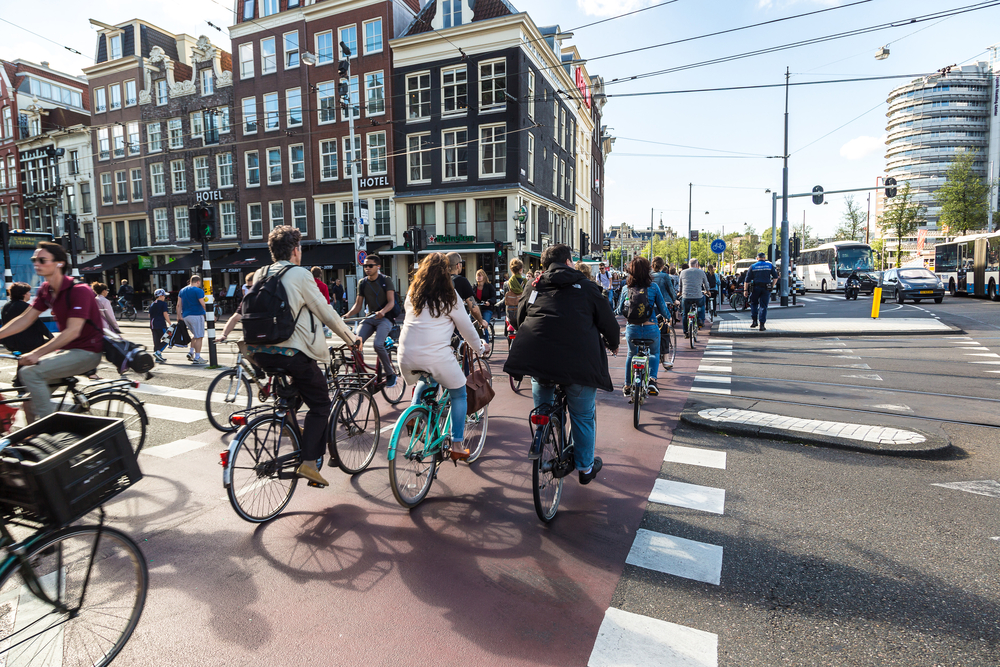Being international doesn’t make you a minority. In fact, for Amsterdam’s residents, having a migration background is now the norm.
Research conducted by VU professor Maurice Crul and social worker Frans Lelie unveiled that having two parents born in the Netherlands has become more of a rarity for the Dutch capital, Trouw reports.
This is especially the case in big cities. For example, those with a family history of migration make up 60% of locals in Amsterdam’s Indische Buurt.
In fact, the study found that the same can be said for 40% of Amsterdam’s neighbourhoods, where the minorities are actually those with two Dutch parents (parents who grew up in the Netherlands).
The study also found that the pattern is even more common among young people; when it comes to children aged 15 or younger, only one-third of this demographic have two Dutch parents.
Diversified, but still distant?
Facing these statistics, the study begged the question: how does the minority (those with two Dutch parents) feel about being outnumbered? Are they close with their multicultural neighbours?
According to surveys carried about by the study, many find this sort of diversity “enriching”, and yet still reportedly struggle to “integrate” with residents from different backgrounds.
The researchers struggled to find a clear reason as to why this is, but they did come up with a few theories.
One possible answer is that people with two Dutch parents are intimidated, as some survey respondents claimed they didn’t feel people with migration backgrounds wanted to talk to them, and also cited a fear of “doing or saying the wrong thing”.
READ MORE | BREAKING: Dutch government COLLAPSES over migration disagreements
Another component is that many respondents grow up in a fairly mono-cultured, sheltered social circle, and therefore have “catching up to do”, explain Crul and Lelie.
The lesson? Let’s learn how to mingle
So how do we go about diversifying our communities and social lives?
Crul believes that, for one, sending children to a school consisting of students with diverse cultural backgrounds will lead to more friendships between those with migration and Dutch backgrounds.
The sociologist also goes on to argue that the effort needs to “come from both sides”, and that those with migration backgrounds should also attempt to open up their circles.
That way, everyone has an equal say about how to diversify and integrate their lives.
Do these statistics come as a surprise to you? Share your thoughts in the comments below!



